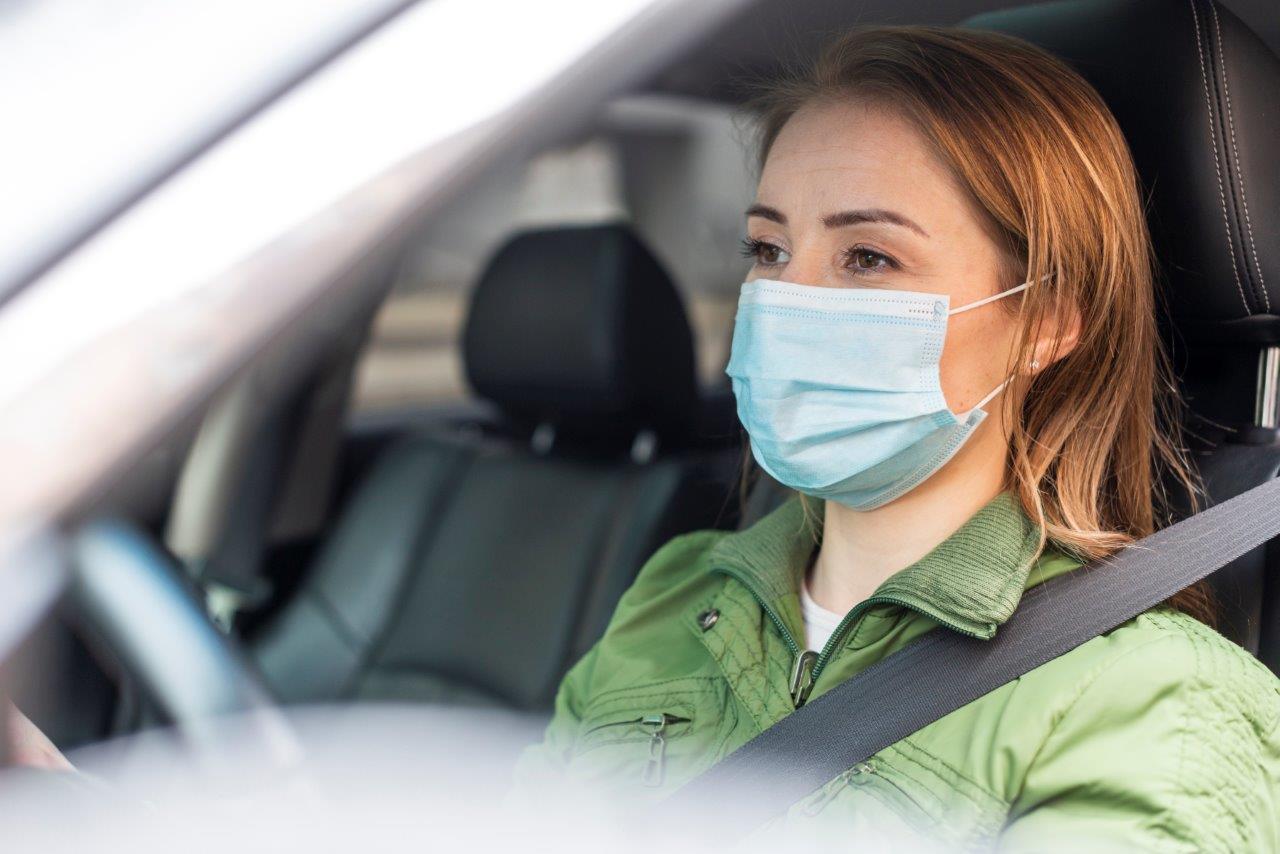What are the impacts of COVID-19 on the automotive industry?
- Auto Supply Chains
- Public Transport
- E-Commerce
- Pivot Business Model
The impact of COVID-19 was swift and inherently affected the way of life. Everyone was affected, various businesses postponed, and more. The impacts of COVID-19 on the automotive industry, in particular, caused large scale interruptions across Europe and the United States for both manufacturing and assembly. All industries are feeling a lot of pressure to cope with the sudden plummet of global demand. Here are some trends and changes since then.
Auto Supply Chains
More than 80 percent of the world’s auto supply chain is connected to China. In January 2020, automobile sales were down 18 percent. In the first two months of the pandemic, the decline could go up to 40 percent or more compared to 2019. The production pitfall results in a supply chain disruption that affects a lot of brands. However, more automotive suppliers are slowly opening after the initial COVID-19 recovery. Things are slowly getting better but it can be assumed that production rates will remain low for some time because of logistics problems and manpower.
Public Transport

The use of public transport during the pandemic is highly unappealing due to potential exposure to the virus. However, this can be advantageous to a lot of dealers as more people will be inclined to buy a car. As long as there is no upcoming second global wave, the rise in sales can be a possibility.
E-Commerce
Various businesses are shifting to e-commerce to drive more sales. Even car dealers are looking into processing sales digitally. Buyers now have the option to select their desired car model and process paperwork and payments online. The number of showrooms is limited for a reason. Their main focus for their limited showrooms is to educate consumers, display their product, and show off the latest innovations. This particular move allows the company to save on dealer commissions while having full control over the buying experience. This strengthens the relationship with potential buyers, which will help the company to understand the customer better. The result is a less disrupted condition compared to other dealerships that suffered under the COVID-19 pandemic.
Pivot Business Model

It’s advisable to try out this approach because of certain advantages. Any brand that’s looking to improve sales through customer service can shift their business plans. The success of your current business model is encouraging, but do note that it can be a hurdle for now. Many automakers can be challenged by franchising agreements and laws about direct selling. It varies from country to country as not all have the proper e-commerce ecosystem to support the shift to online sales. However, there are still a ton of buyers that prefer the classic brick and mortar experience.
Key Takeaway
The impact of COVID-19 on the automotive industry is a double-edged sword. It can be potentially advantageous if there will be no subsequent second wave. However, many companies still need to learn and adapt to a different business model to ensure sales during this challenging time.

